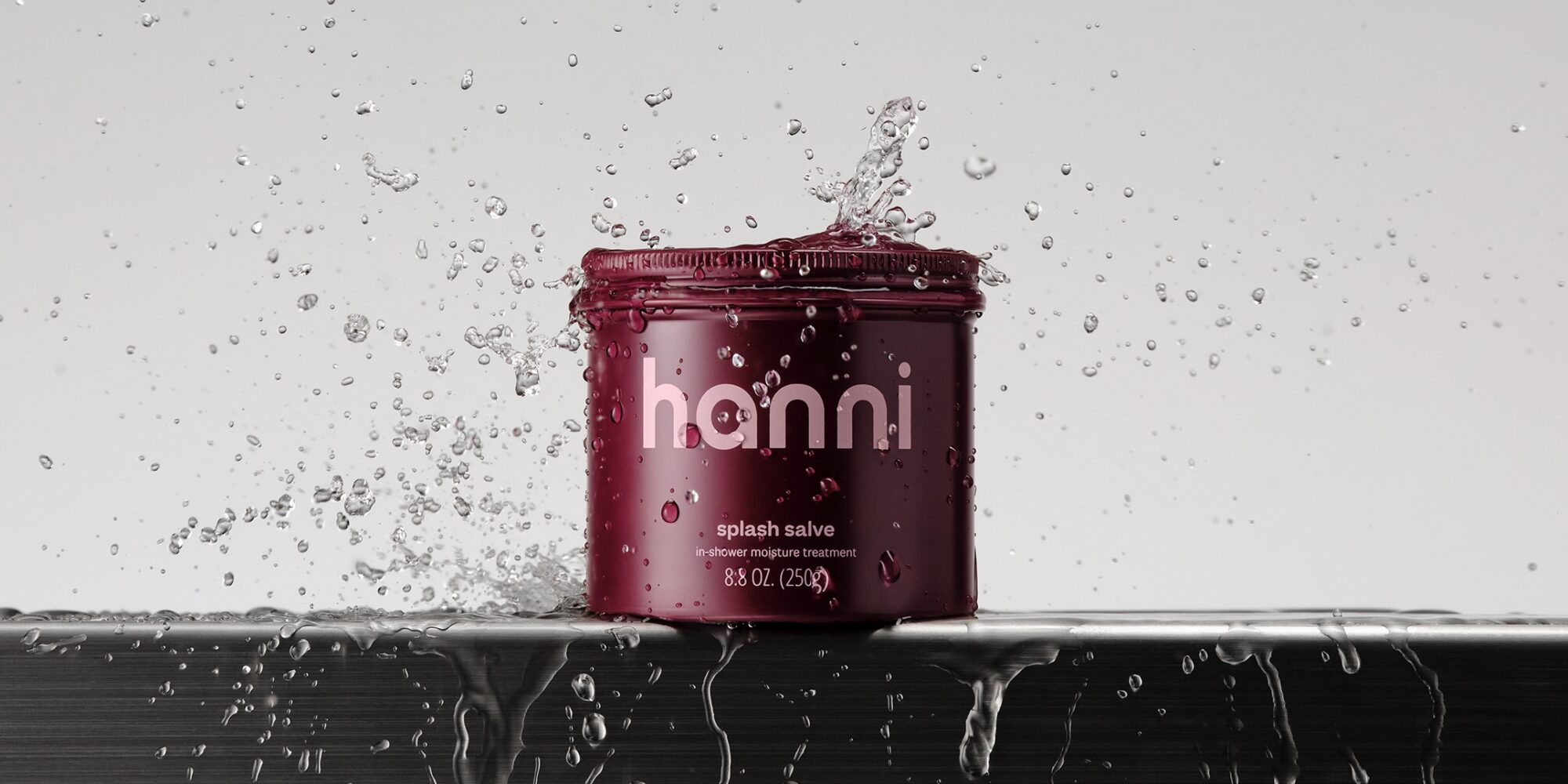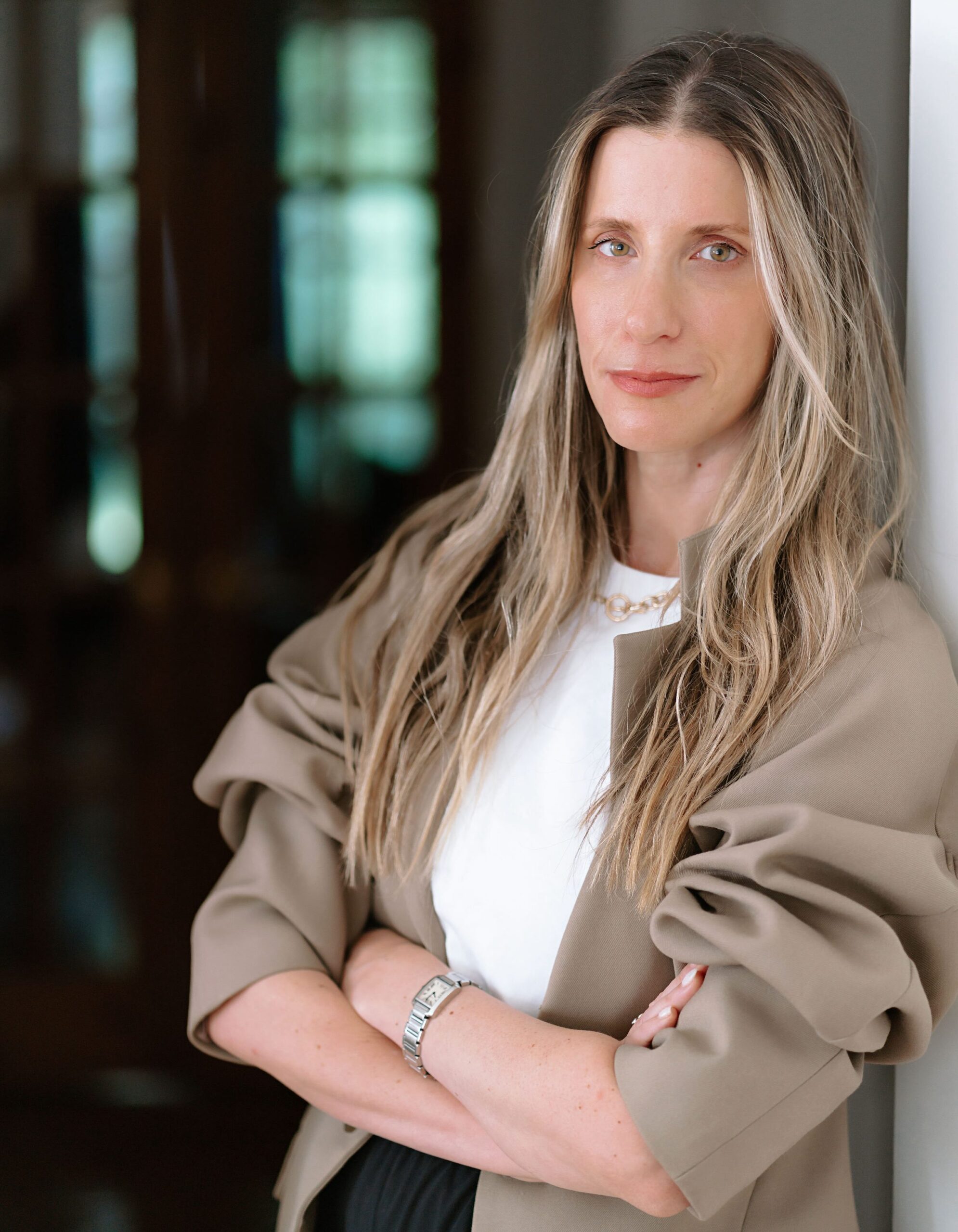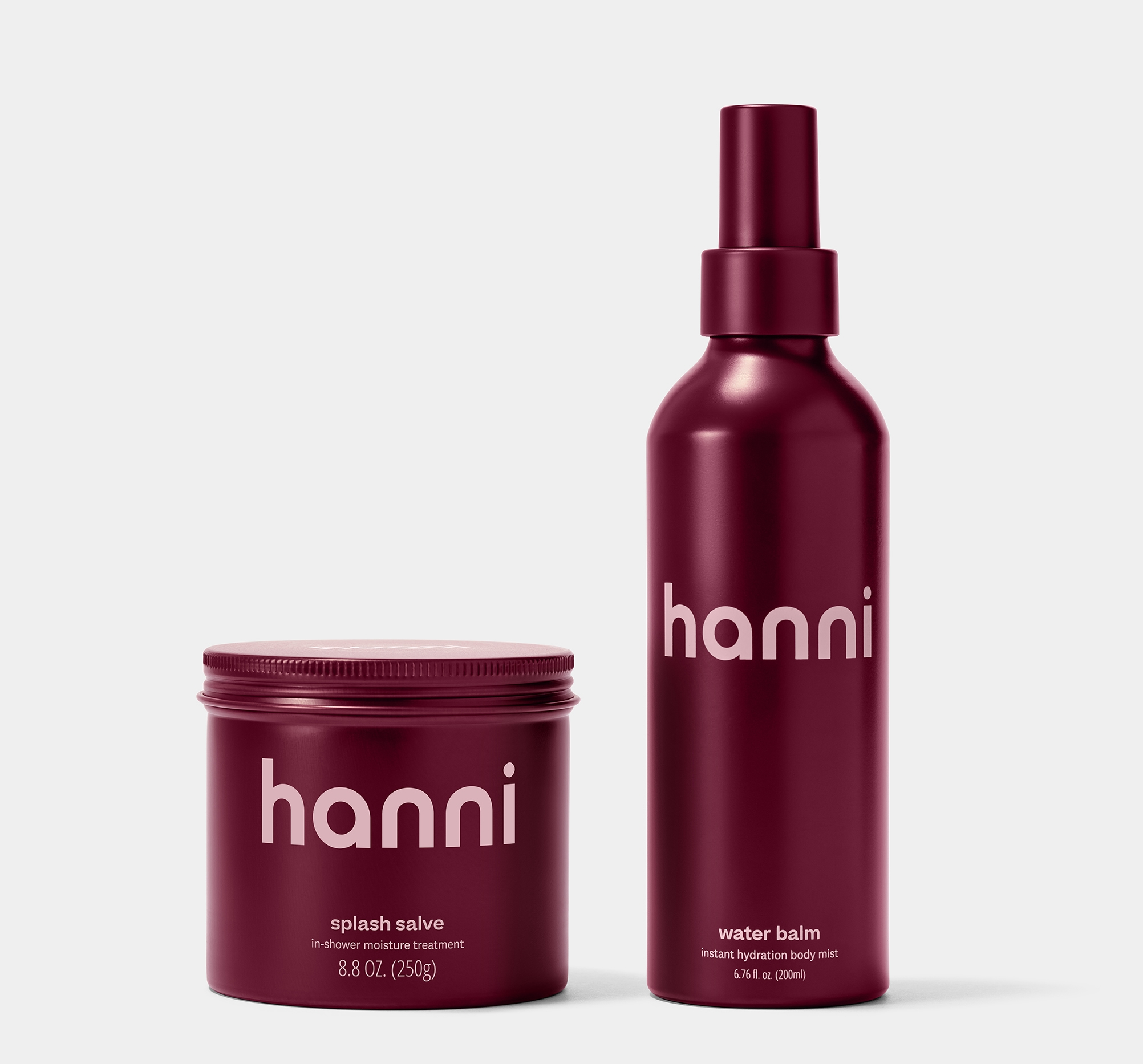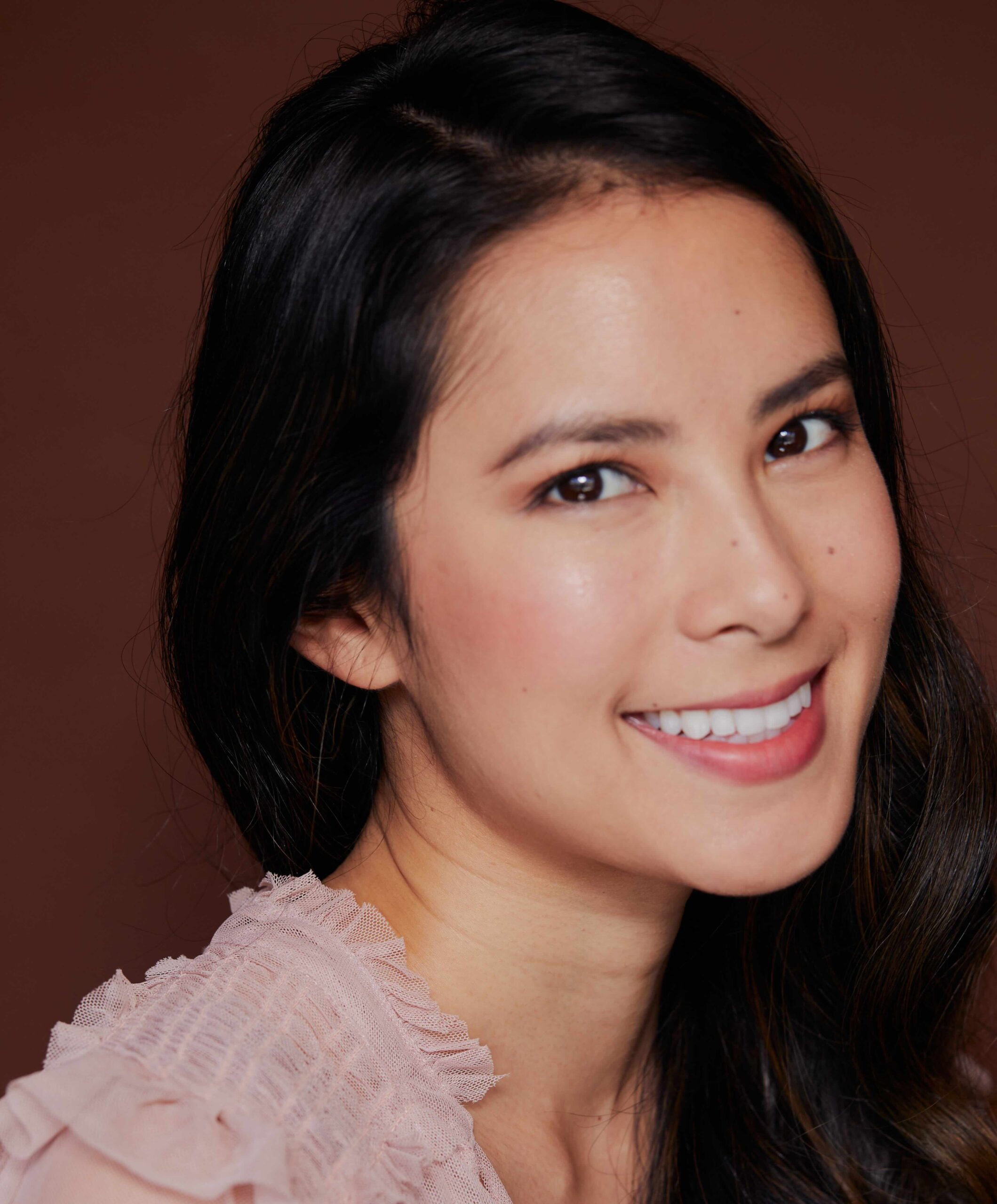
Hanni, The Body Care Brand For Busy Millennials, Expands To All Sephora US Doors
Four months following Hanni’s launch in 2021, the brand, which tackles pain points in women’s body care routines with products such as a gel stick for dry shaving, a salve that can be smoothed on in the shower and a fast-absorbing spray-on moisturizer that doesn’t leave clothes soggy, signed a contract with Sephora. The next year, it landed in 250 of the beauty specialty chain’s stores when it had a three-person team.
Now, with a team of four, Hanni has rolled out across Sephora’s American network of around 600 stores in The Next Big Thing displays. “We had all worked on brands sold in Sephora before, so we were like, ‘We can do this,’” says Hanni founder and CEO Leslie Tessler, a veteran beauty marketing executive formerly at Kerastase, Shu Uemura Art of Hair, Shu Uemura Skincare and Cosmetic and Dr. Dennis Gross Skincare.
Tessler’s always been a can-do type, often to her detriment. In 2011, after sacrificing her mental and physical health for the beauty industry (the stress caused her to miss her period for two years), a burnt-out Tessler decamped New York City for Argentina for what was intended to be a six-month stay for decompression.
“Long story short, six months turned into almost 11 years, an Argentine husband and three babies,” says Tessler. While in Argentina, she stayed active in the beauty biz, consulting for South American beauty startups primarily in Argentina and Brazil and eventually conceiving the idea for her own brand built on a premise that people shouldn’t forget about themselves. Tessler says, “My whole life changed. That was the impetus, essentially, for Hanni.”

Tessler, who returned to the United States in 2021 coinciding with Atlanta-based Hanni’s debut, embodies Hanni’s target customer, a millennial with infinite tasks and scant me-time. “I was looking at myself as a beauty consumer who would buy a huge bottle of lotion at Target, and then three months later realize I’ve only gone through a little of it because I was young, busy and only had time to care for the neck up,” Tessler says. “All of our products are made to really fit within one umbrella—to make life easy. We can fit this into your routine without adding any extra time or even giving you back a few more moments.”
Right away, the press understood the concept. Within months of its launch, Hanni was featured in Forbes and Vogue and won its first Allure Best of Beauty award for its 100% metal, rust-free safety razor The Weighted Razor without having submitted a product for consideration.
Hanni’s luck continued with unprompted outreach from Sephora that was the outgrowth of Tessler meeting Cindy Deily, VP of skincare merchandising at the retailer, on a playground in Buenos Aires and befriending her. Deily tried Hanni’s products early and loved them, and Hanni became the first razor brand to break into Sephora. Covering its entrance at the retailer, the publication Women’s Wear Daily cited industry sources estimating it would do $5 million in sales in its initial year at the chain.
Back then, Deily told WWD, “Leslie has created a brand that truly captures everything Sephora looks for. Shave is about to become a big category in prestige beauty, and we’re thrilled to be Hanni’s exclusive retail partner in building it.”
Sephora’s embrace of Hanni’s changed its fundraising path. Tessler’s original plan was to grow the brand slowly and bootstrap, but she decided to raise institutional capital to support its Sephora rollout. Two months into Hanni’s existence, it had about $100,000 in sales and secured a $3 million growth financing round led by Valedor Partners, backer of Dae, De Soi and Cure.
“Our products are made to really fit within one umbrella—to make life easy.”
Wander Beauty co-founder and 5 Sens founder Divya Gugnani, founding partner at Concept to Co, a venture capital firm with Tower 28, Blume, Chillhouse, Topicals, Hawthorne and Shaz & Kiks in its portfolio, also invested in Hanni. “Leslie’s passion and expertise shines through in every aspect of the brand. Hanni’s commitment to clean, effective and sustainable self-care aligns perfectly with the needs of today’s busy consumers,” she says. “I’m particularly impressed by the early traction they’ve gained and their strong partnership with Sephora. It’s a brand with tremendous potential.”
Despite Hanni’s funding, Tessler is honest that bringing a small brand to a big retailer has been hard. She says, “You have this huge platform that’s a benefit, and then you also have this massive challenge of the fact that you’re up against brands with huge budgets that are really well known and really well established, and you’re going to be compared to them. If anything, it taught me to put blinders on and stop comparing.”
Hanni’s performance stands on its own. According to Tessler, it’s within four to six months of being profitable, and its sales have doubled annually. The brand’s focus has widened beyond shaving, the category that put it on the map, and broader body care merchandise constitutes the lion’s share of its sales. Prices range from $16 to $34. The razor currently contributes about 8% of sales in an intentional shift for the brand.
Tessler says, “The razor, being a really high-quality hard good, just sucked up too much working capital for us, and our customers were leaning more toward the formulated product, especially at Sephora.”
The customer preferences illustrate that, even as body care has been going premium, elevating shaving goods, long considered commodity items, into prestige purchases has been particularly difficult. In general, prestige body care has been on a tear. For the first half of 2025, market research firm Circana identified body care as the fastest-growing segment in prestige skincare.

Millennials throughout the United States (not just on the coasts, a development Tessler is proud of) remain Hanni’s core customers. There are no plans for a specific push to lure gen Z or gen alpha customers at the moment. “Those [demographic groups] are so buzzy, but our customers are incredibly loyal,” says Tessler. “They know what they want, they have the money to buy it, and they stick with us.”
Along with Sephora, Hanni is available in direct-to-consumer distribution and on Amazon. DTC is responsible for 50% of its sales, and the remainder is split relatively evenly between Amazon and Sephora. Hanni arrived on Amazon earlier this year and has reached a $1 million run rate on the giant e-tailer with under $50,000 spent.
“Our repeat purchase rate on Amazon is extremely high,” says Tessler. “Cumulatively, we’ve seen so much growth on both DTC and Amazon that we know we’re acquiring new customers [on both channels].”
Hanni’s next milestone won’t be another major retail rollout. It’ll be making the most of the distribution wins it’s achieved so far. “The last thing we need as a small team with limited resources is to be spreading ourselves and going after all the shiny balls and all of the opportunities that exist,” says Tessler. “I feel like we already have the best distribution network channel in beauty, and we haven’t even started scratching the surface.”





Leave a Reply
You must be logged in to post a comment.